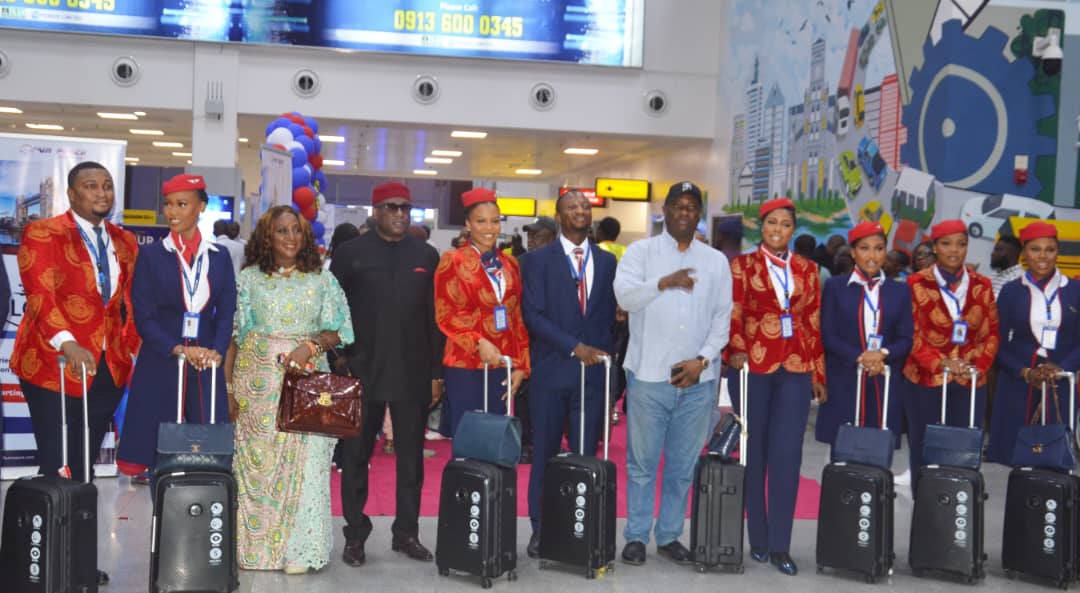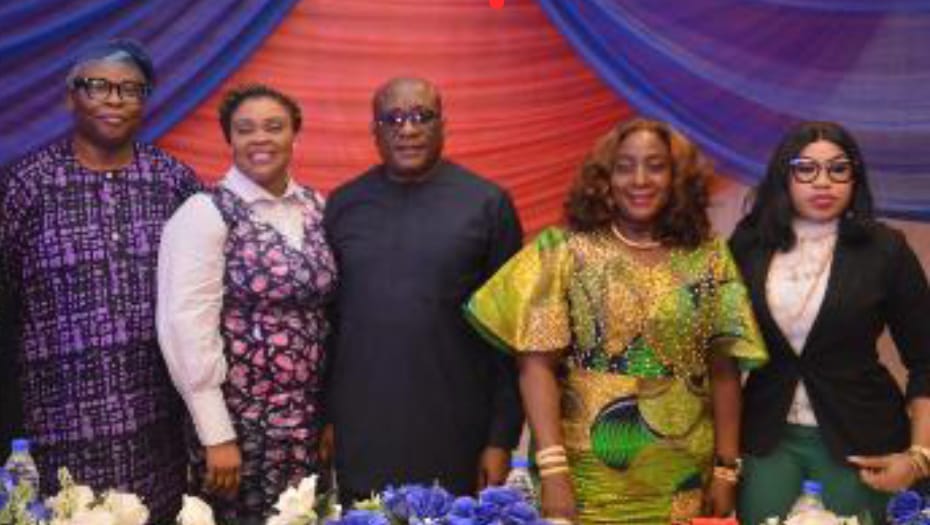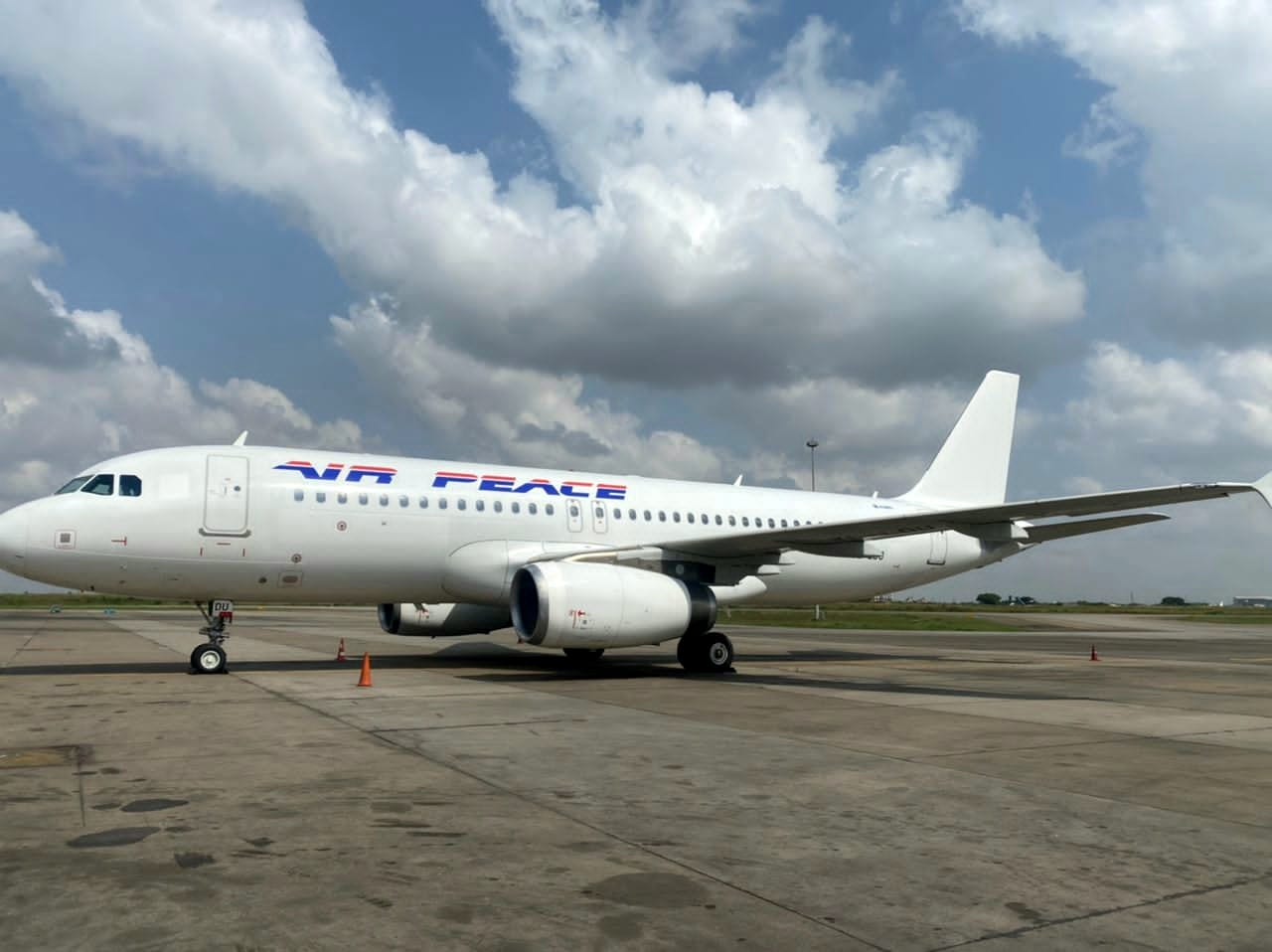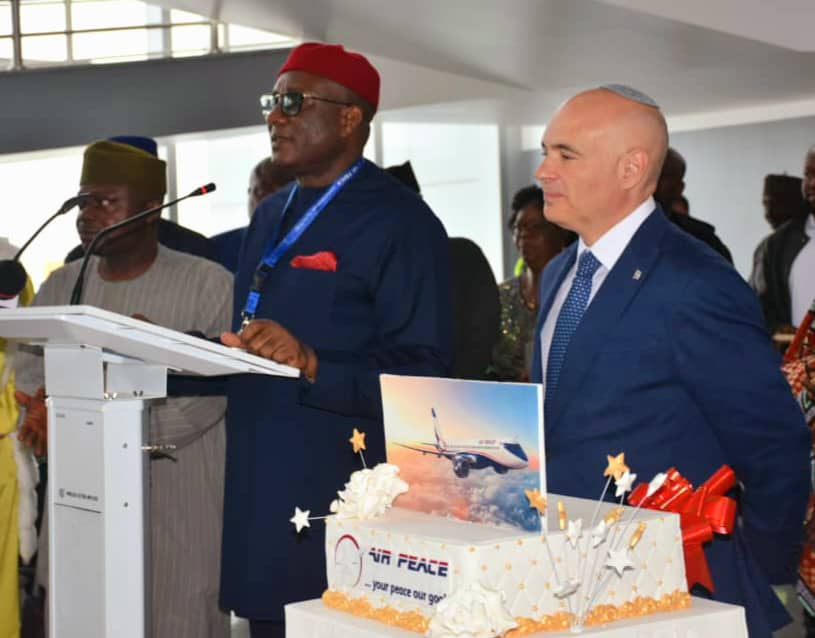People
UI Alumni Association Extols Onyema At 58
The University of Ibadan Alumni Association Worldwide has joined other Nigerians and well-meaning bodies in celebrating Allen Onyema, the Chairman of Air Peace, on his 58th birthday.
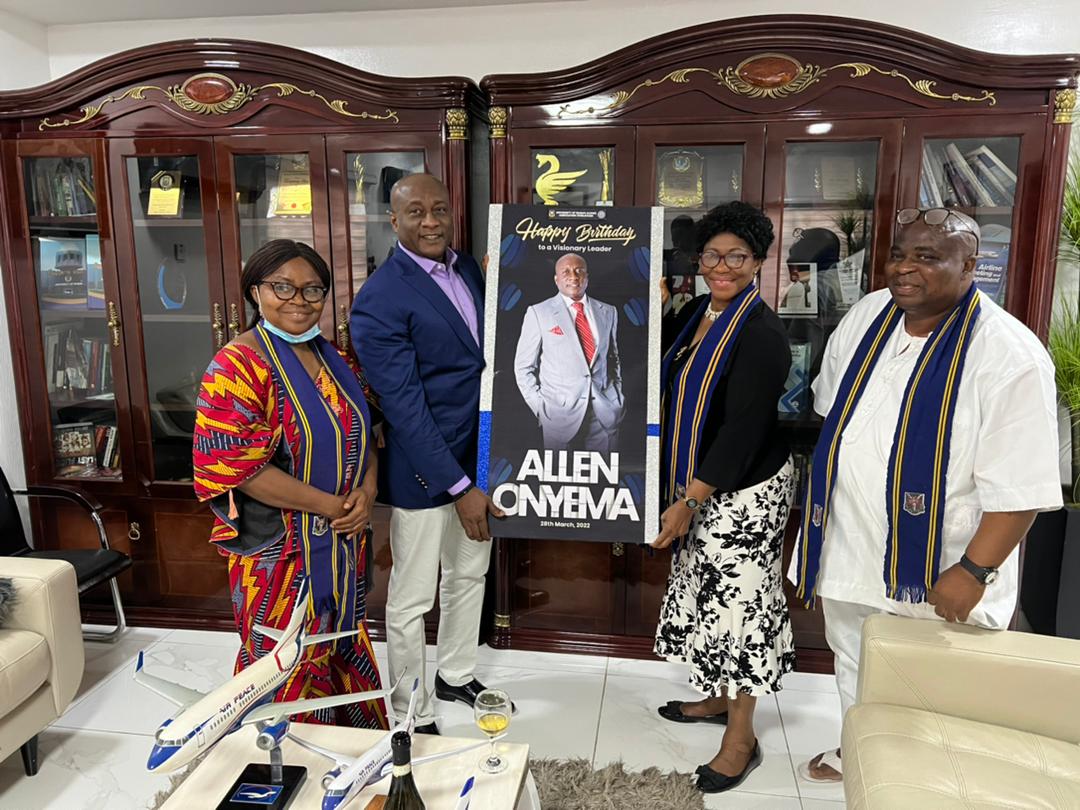
The University of Ibadan Alumni Association Worldwide has joined other Nigerians and well-meaning bodies in celebrating Allen Onyema, the Chairman of Air Peace, on his 58th birthday.
The President of the association, Professor Elsie Adewoye; former President of the association, Dr Kemi Emina; and the association’s Treasurer, Dr Flora Olaifa, who paid a visit to Onyema, extolled the philanthropy and humanitarian impact of the airline helmsman.
According to Prof Adewoye, Onyema is a blessing to anyone he meets and unfailingly makes an impact all the time.
Onafowokan’s Contribution To Nation Building Should Not Be Forgotten – Majekodunmi
The trio expressed that the Association and Onyema’s alma mater hold him in high esteem and are grateful to have him as an alumnus of the great UI.
In the association’s words: “To someone who has great heart, you deserve more than generic birthday wishes on this day, we pray that each day of your years be wonderful beyond your desires and expectations”.
Onyema, who was elated by the visit, stated that he is proud to be a product of the University of Ibadan, while thanking the association and the Management of the institution for consistently identifying with him.
In 2020, Onyema had made a donation to the institution for the construction of a 15-bedroom guest house and in 2019, he was conferred with the Alumnus of the Year Award.


